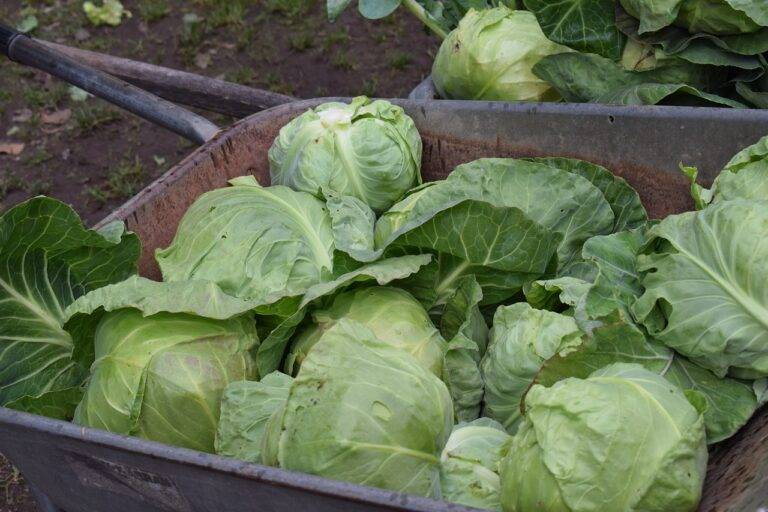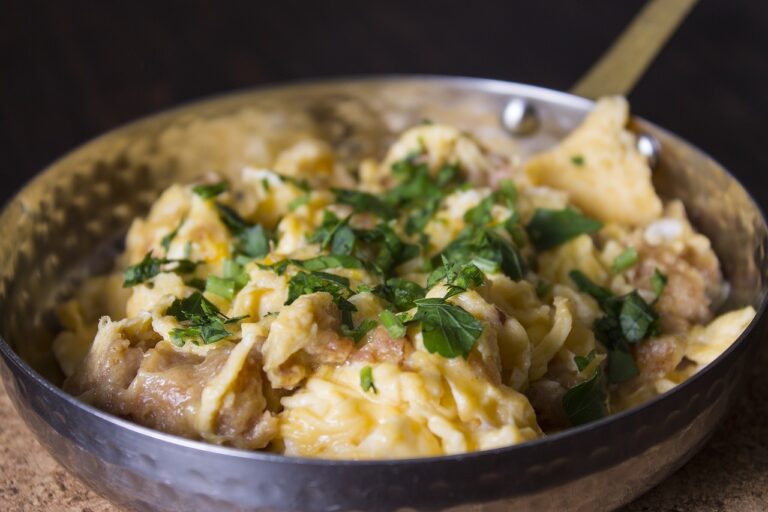Exploring the Role of Meat Processing in Cultural Preservation: Laser book 247, Silverexchange, 11xplay pro
laser book 247, silverexchange, 11xplay pro: Meat processing plays a crucial role in cultural preservation, as it allows communities to maintain traditional food practices and recipes that have been passed down through generations. In many cultures around the world, meat processing techniques have been refined and perfected over centuries, resulting in unique and flavorful dishes that are deeply ingrained in the cultural identity of those communities.
One of the key ways in which meat processing contributes to cultural preservation is through the preservation of traditional recipes and cooking methods. Many traditional dishes rely on specific cuts of meat, preparation techniques, and seasoning blends that have been handed down from ancestors. By continuing to process meat in the traditional way, communities are able to keep these recipes alive and pass them on to future generations.
In addition to preserving traditional recipes, meat processing also helps to preserve cultural identities. In many cultures, certain types of meat are considered staples of the diet and are closely associated with cultural practices and celebrations. For example, in some cultures, the preparation of a particular type of meat is reserved for special occasions such as weddings or religious holidays. By preserving these meat processing techniques, communities are able to maintain their cultural identity and connection to their heritage.
Furthermore, meat processing can play a role in economic development and sustainability within communities. In many rural areas, traditional meat processing techniques are an important source of income for local producers. By supporting these producers and investing in traditional meat processing practices, communities can create economic opportunities and promote sustainable practices that benefit both the environment and the local economy.
Overall, meat processing is an essential component of cultural preservation, allowing communities to maintain traditional recipes, preserve cultural identities, and support economic development. By valuing and investing in traditional meat processing techniques, we can help ensure that these cultural practices continue to thrive for generations to come.
## The Importance of Traditional Meat Processing Techniques
Traditional meat processing techniques have been passed down through generations and play a crucial role in preserving cultural heritage. These techniques are not only a way of preparing food but also serve as a way of passing on traditions and connecting with the past.
## Preserving Traditional Recipes
Meat processing is essential for preserving traditional recipes that have been passed down through families for centuries. These recipes often rely on specific cuts of meat, preparation methods, and seasoning blends that are unique to a particular culture or region.
## Cultural Identity
Meat processing plays a crucial role in preserving cultural identity. Many traditional dishes are closely tied to a culture’s history, traditions, and values. By continuing to process meat in the traditional way, communities can maintain their cultural identity and pass on their heritage to future generations.
## Economic Benefits
Investing in traditional meat processing techniques can have economic benefits for communities. Local producers who use traditional methods often provide high-quality products that are in high demand. This can create economic opportunities for producers and support local economies.
## Environmental Sustainability
Traditional meat processing techniques are often more sustainable than modern industrial methods. By supporting traditional practices, communities can promote environmental sustainability and reduce their impact on the environment.
## The Future of Meat Processing
As we look to the future, it’s important to continue to support and invest in traditional meat processing techniques. By valuing and preserving these practices, we can help ensure that cultural traditions are passed on to future generations and that communities continue to thrive.
## FAQs
### How does meat processing contribute to cultural preservation?
Meat processing allows communities to maintain traditional recipes, preserve cultural identities, and support economic development. By continuing to use traditional methods, communities can ensure that cultural practices are passed down to future generations.
### Why are traditional meat processing techniques important?
Traditional meat processing techniques have been passed down through generations and are essential for preserving cultural heritage. These techniques are not just about preparing food but also serve as a way of passing on traditions and connecting with the past.
### How can individuals support traditional meat processing practices?
Individuals can support traditional meat processing practices by choosing products that are processed using traditional methods, supporting local producers who use traditional techniques, and educating others about the importance of preserving these practices.







